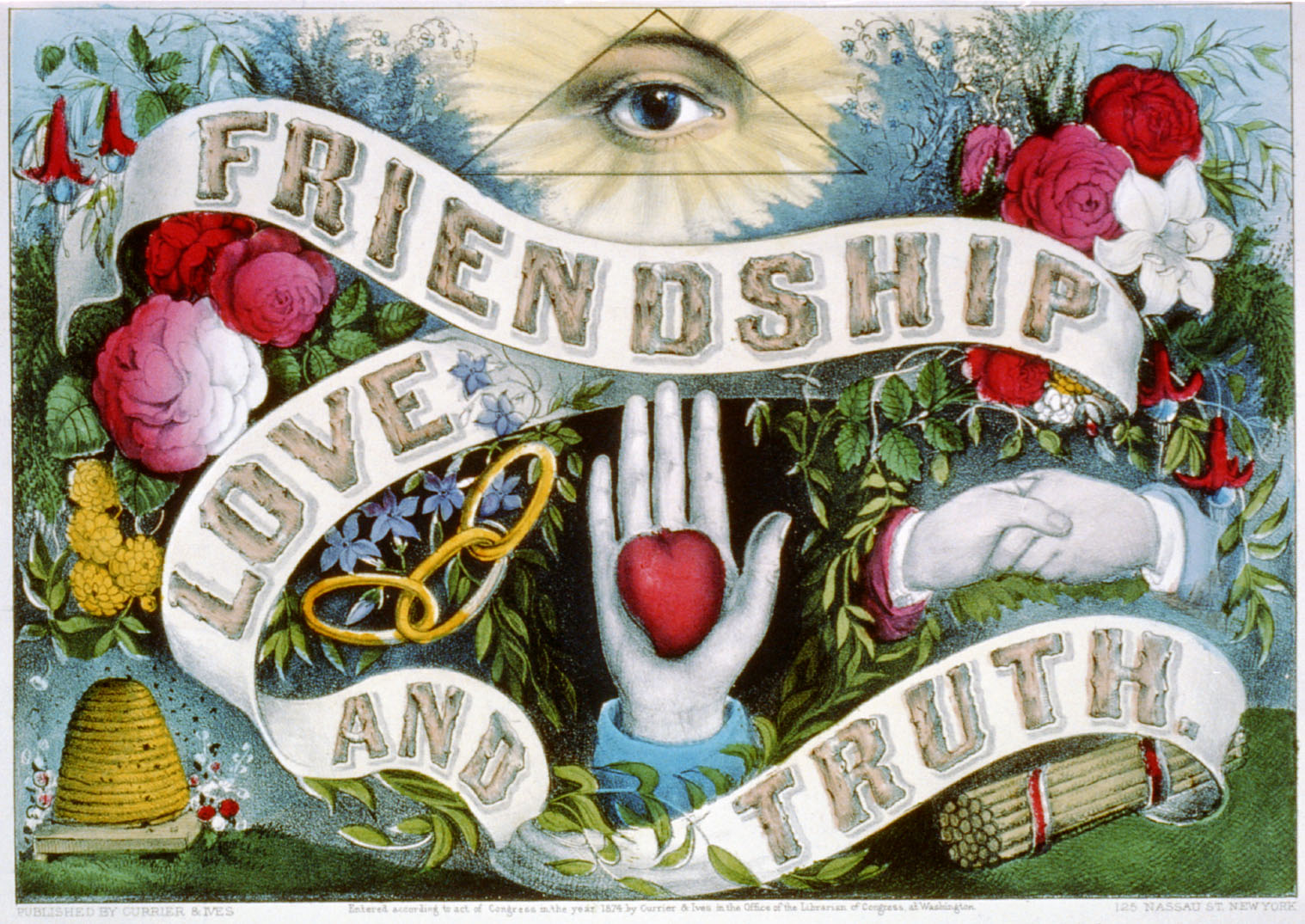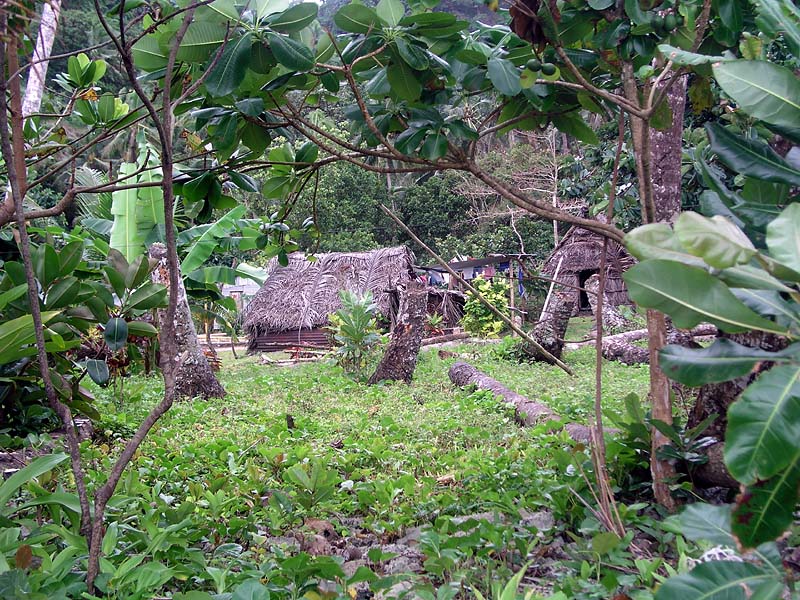This quote reminded me of a “war” I had with a close friend of mine. Here is a peace I made with my dearest friend.
 I once had a quiet fight with my friend. My friend told me she was angry at me but I didn’t know why. I took it as a joke and didn’t think serious of it. I was scared to ask and I simply ignored her feelings. I thought everything would get better tomorrow. Unfortunately, tomorrow didn’t solve anything. My friend didn’t talk to me or even say hello. I had no right to be angry at her but somehow I was angry at her too. My attitude was “If you are going to be that way so will I.” It was selfish of me. Now that I look back, I think I was scared to admit what I had done wrong. From then on there began an internal war between me and my friend. No smile. No talk. No expression. For about a month, we were basically strangers to each other. However, eventually, we ended up face to face in a coffee shop. We both felt it wasn’t right for us to shut our mouths and keep the angry fire growing in our hearts. My friend told me she was angry at me fo
I once had a quiet fight with my friend. My friend told me she was angry at me but I didn’t know why. I took it as a joke and didn’t think serious of it. I was scared to ask and I simply ignored her feelings. I thought everything would get better tomorrow. Unfortunately, tomorrow didn’t solve anything. My friend didn’t talk to me or even say hello. I had no right to be angry at her but somehow I was angry at her too. My attitude was “If you are going to be that way so will I.” It was selfish of me. Now that I look back, I think I was scared to admit what I had done wrong. From then on there began an internal war between me and my friend. No smile. No talk. No expression. For about a month, we were basically strangers to each other. However, eventually, we ended up face to face in a coffee shop. We both felt it wasn’t right for us to shut our mouths and keep the angry fire growing in our hearts. My friend told me she was angry at me fo r not having more friend to friend time with her. I was walking away from her and I wasn’t being her friend at all. All she said was true. I was trying to focus on my studies and limit my leisure time. I was careless of my friend’s feelings and I was not worthy as a friend. In the coffee shop, we didn’t have a “peace child” but simply a peace talk. We shared our honest opinion about each other and we had no secrets. Once we spilled everything, there was a sudden tranquility in the atmosphere. We were at ease. So it seems “peace…requires assurance of sincere good will on both sides.”
r not having more friend to friend time with her. I was walking away from her and I wasn’t being her friend at all. All she said was true. I was trying to focus on my studies and limit my leisure time. I was careless of my friend’s feelings and I was not worthy as a friend. In the coffee shop, we didn’t have a “peace child” but simply a peace talk. We shared our honest opinion about each other and we had no secrets. Once we spilled everything, there was a sudden tranquility in the atmosphere. We were at ease. So it seems “peace…requires assurance of sincere good will on both sides.” Picture
http://www.funnyfur.com/ProductImages/littlelily/lilycharms/BestFriendPink.jpg
http://upload.wikimedia.org/wikipedia/commons/e/e8/Friendship_love_and_truth.jpg
















